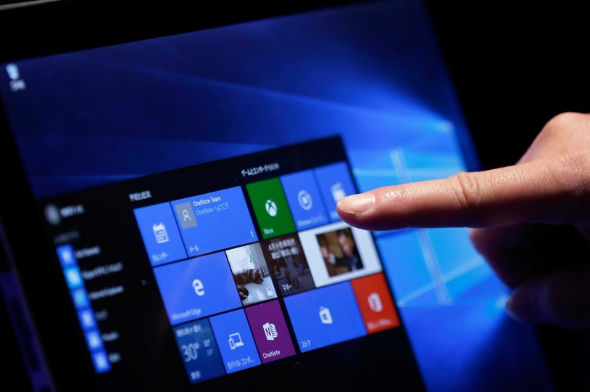Connection to DriversCloud Create a DriversCloud.com account Reset your DriversCloud.com password Account migration
Microsoft "discovers" the RAR archive format and integrates it into Windows
Windows 11 will soon be able to recognize TAR, 7-ZIP, RAR and GZ archives without installing third-party software.
While the news may be laughable in 2023, it's no joke. As The Verge explains, Microsoft is indeed planning to add support for a "new" file archive format to its flagship operating system, Windows 11. We're deliberately placing the word "new" in quotation marks, because it's not a question of Microsoft creating a new archive format. The archive format in question is none other than good old RAR, invented by Russian developer Eugene Roshal and first released in March 1993! In fact, the term RAR comes from the name of its creator, Roshal ARchive.
Microsoft seems to have just discovered the benefits of this archiving solution, which has always been presented as a little slower to compress/decompress than the ZIP format, but also significantly more efficient in terms of space saved through compression. In fact, RAR is used when the need for space is critical and/or when system power is not an issue. In fact, back in 1993, RAR may have seemed a little demanding in terms of system resources, but today this is clearly no longer a problem. It's also worth pointing out that, while we're focusing on the RAR format, Microsoft is actually planning to add other formats to Windows 11. Our colleagues at The Verge are talking about support for TAR, 7-ZIP, RAR, GZ and a few others. The idea is to make these archive formats directly usable from the file explorer... as is already the case with the ZIP archive format.
Finally, far be it from us to criticize Microsoft, but we do hope that the publisher will take this opportunity to review its integration of the ZIP format. It is indeed possible to extract files from an archive or access its contents without decompression, but this is not necessarily user-friendly, and many of the simple options available in software such as WinZIP, WinRAR or 7-ZIP Manager - to name but a few of the best-known - are sorely lacking. Having said that, who knows, perhaps Microsoft is deliberately proposing a rudimentary integration in order to preserve the business of the publishers of these programs, which would have no interest whatsoever if Windows File Explorer were capable of managing the various archives as well as they do. Even if only briefly, support for these archives will at least be seen as a troubleshooting solution that's always welcome.
Without going into too much detail about its timetable, Microsoft has specified that this feature should be implemented in the coming days on the Windows Insider channel through a beta version of the operating system. For the time being, however, no information has been released about the large-scale roll-out of this feature.






